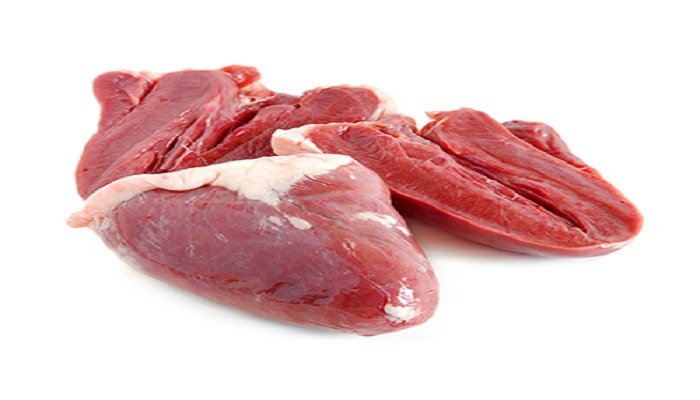Product introduction
A wholes heart is a part of a pig's organs. A wholes heart has a delicious taste, and when chewed, it has a strong taste, so it is very popular with the majority of young people and middle-aged people. In addition, the whole heart contains iron, zinc, selenium, and B vitamins that are very good for health, helping to nourish the blood and provide energy for the body.

Nutritional value
Wholes heart from clean pigs is an excellent source of zinc, iron, selenium and B vitamins such as B2, B6, B12 and folic acid. In particular, the heart is rich in CoQ10 - very important for the functioning of mitochondria, the body's energy-producing machinery. Wholes heart does not contain much fat and is quite lean.
However, the wholes heart also contains a lot of cholesterol, eating too much will not be good for the cardiovascular system. Experts and nutritionists recommend that we only eat pork heart 2-3 times a week, each time eat 50-70g for adults, and for children eat 30-50g.

In 100g of wholes heart contains:
- 94 kcal of energy, 79.5g of water
- 15.1g protein, 3.2g fat, 1.2g starch
- 131 mg Cholesterol, 294 mg potassium, 56 mg sodium
- 7 mg Calcium, 5.9 mg iron, 213 mg phosphorus
- 0.34 mg vitamin B1, 5.7 mg vitamin PP, 1 mg vitamin C.

This is the most delicious and nutritious food among the five pig organs chosen by many housewives to be processed into delicious nutritious dishes for the family. Although there are still many shy views about animal organs because there are many proteins and fats that affect health, few people know that whole hearts are cool, have no harmful substances and are extremely good for a healthy body.
